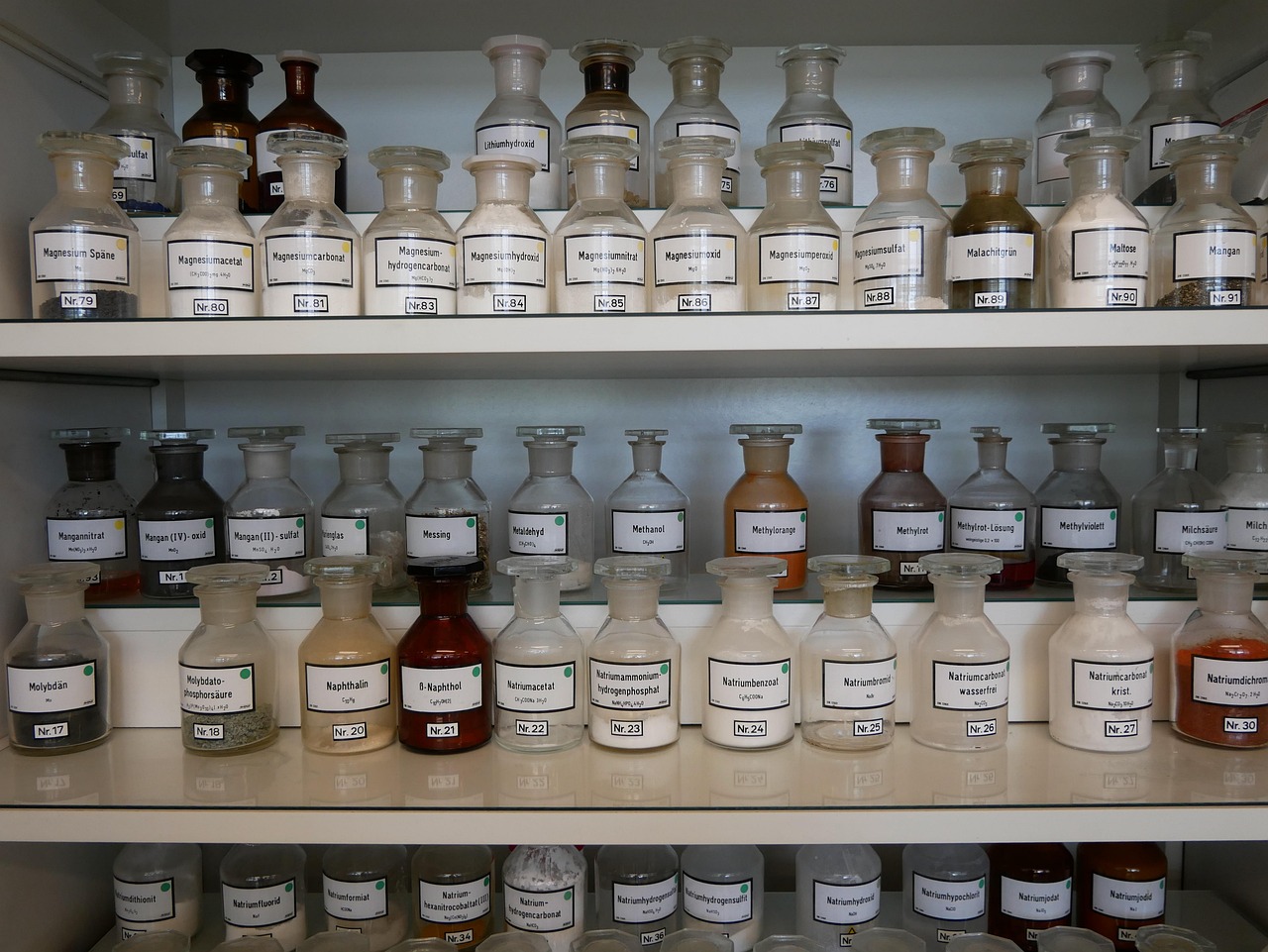Do you have residents who repeatedly have problems with constipation?
This article is translated with AI and written based on Swedish conditions. Hopefully, it can inspire those interested from other countries.
Many older people occasionally suffer from constipation. Constipation can cause suffering for the elderly, including confusion and abdominal pain. Some take medication daily to alleviate the discomfort. Besides oatmeal porridge which is served in many nursing homes, for instance, prunes, kiwi, figs, apricots, pears and whey butter can soften bowel content. "Oatmeal porridge" can also prevent constipation. Fluid and physical activity also contribute to maintaining bowel movements. It is also important that the resident gets to go to the toilet when needed and does not have to wait, so regular toilet visits should be offered to those who do not manage by themselves.
 Foto: Mostphotos
Foto: MostphotosSlow Bowels
Many elderly people suffer from slow bowels. It is not uncommon for them to receive various medications to keep their bowels moving. However, there is a lot that can be done to help keep the bowel moving. The intestines absorb water and nutrients from the feces on the way through the body. As time goes on, the feces become increasingly concentrated. People have different toilet habits. Some need to go three times a day, but three times a week is also completely normal. Some people tend to have slow bowels while others often have diarrhea. Sometimes constipation can be a side effect of medication.
Slow bowels, also known as constipation, is a common problem that many people experience at some point in their lives. Constipation can be troublesome and painful, and can affect one's daily quality of life. It is important to understand both the causes behind slow bowels and how one can alleviate and prevent this condition.
Constipation occurs when bowel movements become irregular or decrease in speed. This can lead to difficulties in emptying the bowels, resulting in hard and dry stools. There are several factors that can contribute to this condition.
One of the most common causes of slow bowels is an unhealthy and deficient diet. A diet that is low in fiber can make bowel movements difficult and lead to constipation. It is important to eat enough fiber-rich foods such as fruits, vegetables, whole grains, and legumes in the diet to maintain a healthy bowel function.
Drinking too little can also be a cause of slow bowels. Fluid helps soften the stools and facilitates their passage through the intestines. Drinking enough water and avoiding drinks that can be dehydrating for some, such as coffee and alcohol, can help prevent constipation.
Lack of physical activity can also cause slow bowels. Regular exercise promotes bowel movements and stimulates bowel function. Being physically active for at least 30 minutes a day can be helpful in preventing constipation.
Some medications can also have constipation as a side effect. For example, opioid-based pain relievers and certain antidepressants can cause constipation. If you are taking such medications and are suffering from slow bowels, it is important to discuss this with your doctor to find alternative solutions.
Supplement to medication treatment - what is Pajala Porridge good for?
Both relaxation and exercise can help normalize bowel emptying. Drinking plenty is important as well as eating a fiber-rich diet. Vegetables, fruits, whole grains, coarse bread, porridge on coarse grains like oats and wheat bran are fiber-rich. Fiber-rich "Pajala Porridge" is offered at many nursing homes for breakfast.
Regular toilet visits reduce the risk of constipation. For those who are starting to become forgetful, it may be good to remind them to go to the toilet. This can reduce the risk of both constipation and incontinence. Some people find themselves helped by abdominal massage. Others find it too intimate.
If the feces are hard and difficult to expel, this can also cause pain in the rectal opening. Constipation often leads to abdominal pain. In really severe constipation, the feces may need to be picked out. However, such severe constipation is very rare and the procedure is done in consultation with a doctor. This is very rare with today's care. The patient may need to be sedated.
Those who suffer from cracks in the rectal opening may need lubrication. There are both softening and pain relieving ointments available. When it comes to medication, there are several different types with different functions. Bulking agents contain fiber and help retain water in the feces and increase volume. Osmotically acting laxatives draw water to the feces and thus soften it. They take effect within three days. Micro enemas and intestinal irritating drugs are often more fast-acting but should not be used regularly.
Reflection Questions - Slow Bowels
Caregivers:
- Do you have a working method that helps avoid unnecessary constipation?
- Do you use diet and movement to help the residents keep their bowels moving?
- Do you have routines that remind the residents to go to the toilet regularly?
Manager, nurse, occupational therapist and physiotherapist:
- Do you work with supplements to medication treatment to prevent constipation?
- Do you know how large a proportion of the residents have constipation from time to time?
- Are the residents getting enough dietary fiber and fluid?
Residents and relatives:
- Do the toilet routines seem to work in the residence?
- Does your relative receive any form of medication for slow bowels?
- Is it used recurrently or more rarely?
Erland Olsson
Specialist nurse
Sofrosyne - Better care every day

Aktuellt i media
- 2025-05-08 04:01 09 Mat och måltid
- 2025-05-05 04:00 17 Psykisk hälsa
- 2025-04-28 04:00 10 Aktivitet o funktionsbevarande arbetssätt
- 2025-04-25 04:00 17 Psykisk hälsa
-
2025-04-23 04:00
13 Hygien
Storage tends to attract all the world's junk. Order, clearing and cleaning of storage is a necessary recurring task.
info Bild: Pixabay
Bild: Pixabay

